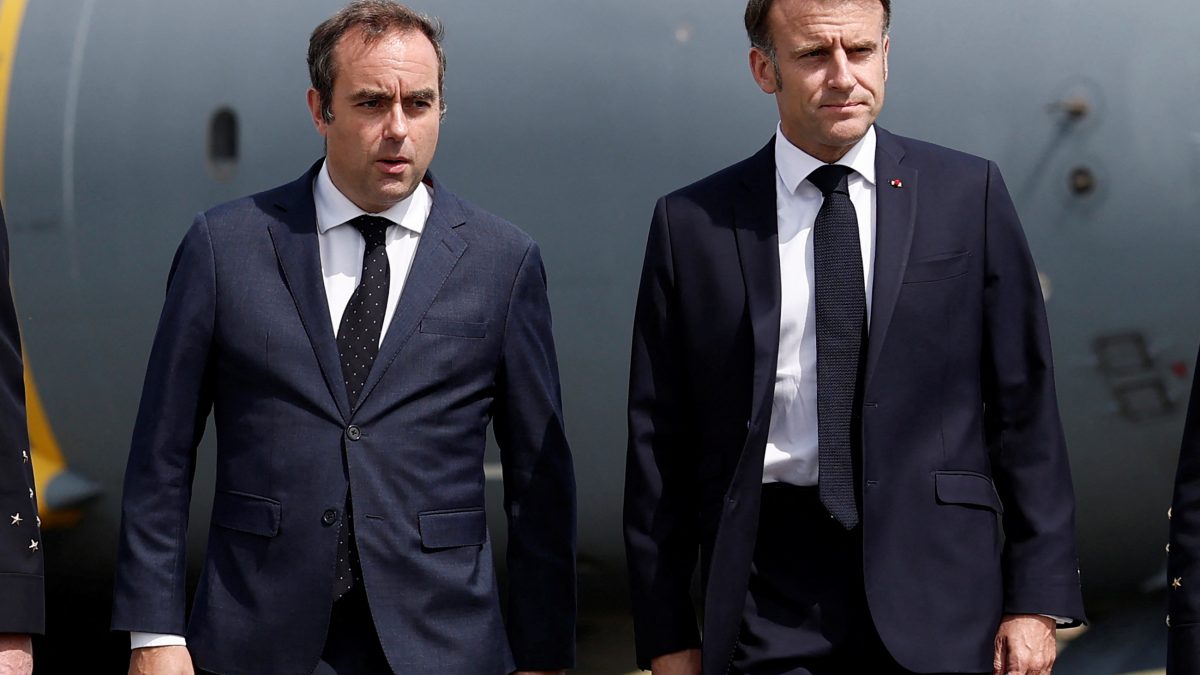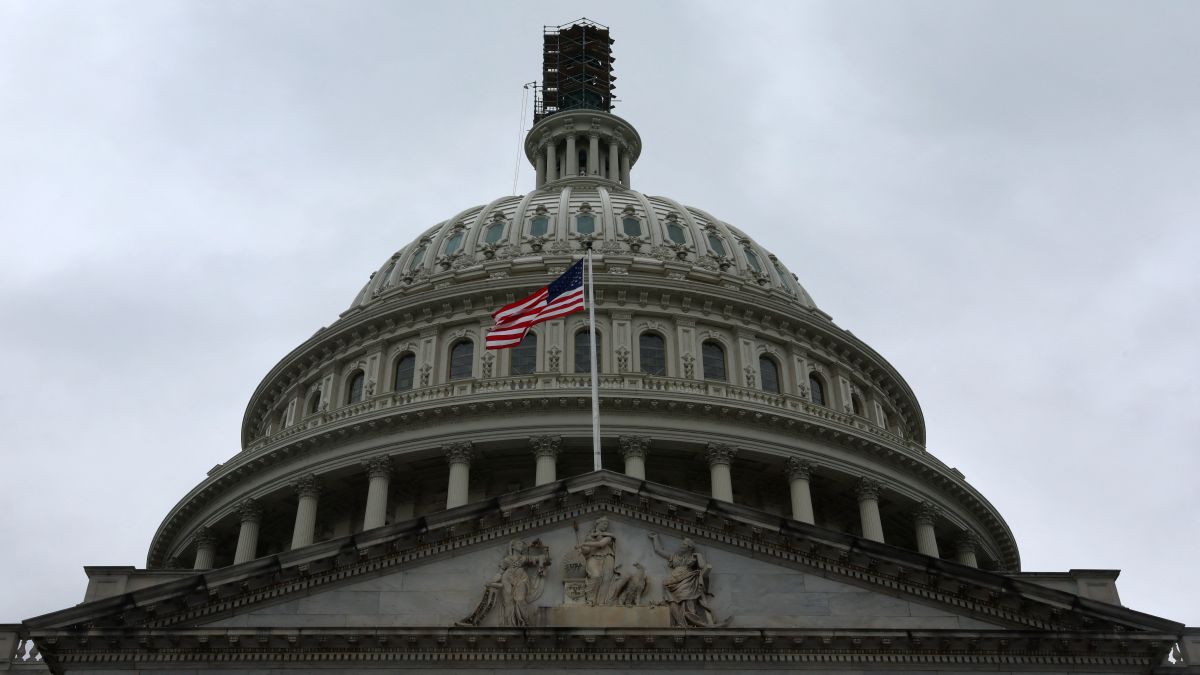Amid intense political turmoil, French President Emmanuel Macron has reappointed his centrist ally Sébastien Lecornu as the country’s Prime Minister, days after he dramatically resigned following the collapse of his new government in 14 hours. Following Macron’s announcement, Lecornu said that he accepted the role “out of duty” and would do “everything possible to provide France with a budget by the end of the year and to address the daily life issues of our fellow citizens”.
“We must put an end to this political crisis that is exasperating the French people and end this instability that is harming France’s image and its interests," he added. The unprecedented move by Macron to appoint Lecornu only days after he accepted his resignation comes amid a political crisis that has gripped France.
Defending the French leader’s decision, Macron’s centrist Renaissance party MP, Shannon Seban, said Lecornu’s return was crucial to ensure “stability” for France. Meanwhile, the country’s former prime minister and outgoing centrist education minister, Élisabeth Borne, said that the move could “build compromise for France”.
The opposition didn’t take it well
However, among the opposition parties, the move by Macron is seen as a sign of his refusal to broaden the government to other political views that reflected the divided parliament. It is pertient to note that Macron has only 18 months left in the office until the end of his presidential term.
With the French leader’s announcement, Lecornu is now under pressure to quickly form a government of new faces and ensure diversity of views within it. However, the task is not as easy as it looks.
Jordan Bardella, president of Marine Le Pen’s far-right National Rally, wrote on social media that Lecornu’s reappointment was a “bad joke”, a “shame on democracy” and a “humiliation for the French people”. He went on to say that his party would back a vote of no-confidence in Lecornu at the soonest opportunity.
Impact Shorts
More ShortsMeanwhile, the left parties in France have also expressed surprise and criticism over the matter. The Socialist party said it had made “no deal” not to join a no-confidence vote in Leconru. “Incredible,” wrote the Green party leader, Marine Tondelier, of Lecornu’s appointment.
The 14-hour government
It is important to note that Macron have been facing the worst domestic crisis since he first won the French presidential elections back in 2017. On Monday, Lecornu dramatically resigned only 14 hours after he appointed a new government. He quit after he faced backlash from the French opposition parties, because he was refusing to broaden the government to different political groups and viewpoints that reflected France’s divided parliament.
What made the matter concerning was the fact that Lecornu resigned even before he had attended his first cabinet meeting or made his first policy speech to parliament. Lecornu’s resignation came weeks after his predecessor, François Bayrou, was ousted over his proposed budget cuts.
The 39-year-old previously served as France’s defence minister and is known for his work on increasing French military spending. Last month, he became the third French prime minister in only one year, as the country has lurched from one political crisis to another since Macron’s gamble on an inconclusive snap election last year.
At the heart of the issue is the fact that the French parliament continues to remain divided between three blocs: the left, the far right and the centre, with no clear majority. The primary task at hand is to agree on a budget for next year within weeks, despite the political parties being at loggerheads and the absence of a stable government for weeks.
Lecornu’s reappointment came at the end of a day of high drama in which several opposition parties were invited to the presidential palace for talks with Macron, and many left saying they had not felt listened to. One attender said it was like “talking to a wall”. In the midst of all this, the French president’s approval ratings have dropped to a historic low. Alain Minc, an essayist and commentator, told BFMTV Macron was now so unpopular, he was “politically radioactive”.


)

)
)
)
)
)
)
)
)



